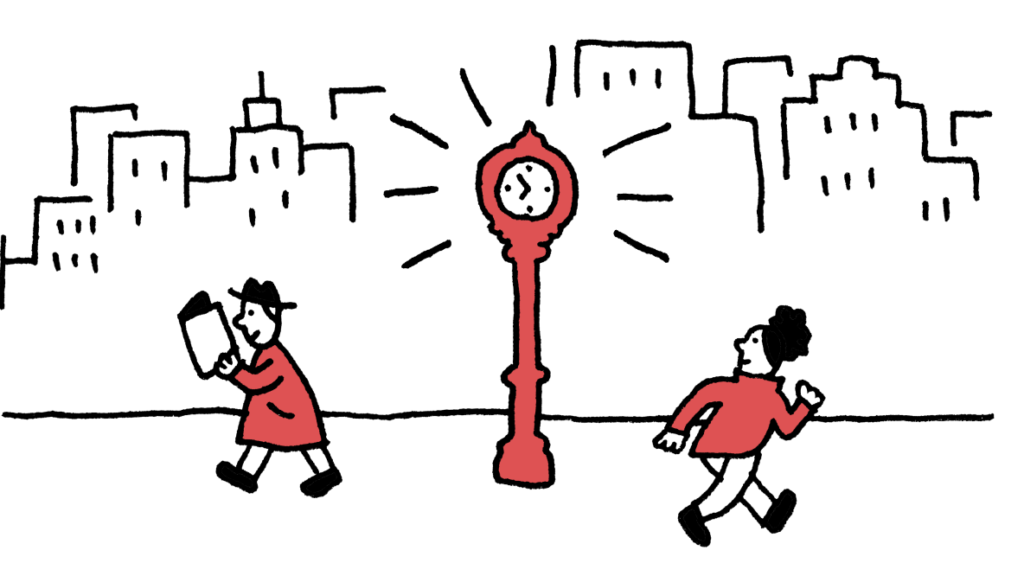In today’s newsletter, reflections on Donald Trump’s reëlection, and then:
Donald Trump, Reprised
What his return to the Presidency reveals about America.
It became clear quite quickly on Tuesday night that the American electorate had shifted since 2020. There had been reason to imagine that Donald Trump’s Presidency would be just a hard-to-remove stain on the fabric of American history and politics—something of the past. But “America has now twice elected him as its President,” Susan B. Glasser wrote on Wednesday morning, and “it is a disastrous revelation about what the United States really is, as opposed to the country that so many hoped that it could be.” Over the past few days, The New Yorker has been collecting reflections from reporters, novelists, historians, and others about what the election results mean for the nation and the world. Together these dispatches create a deeply resonant portrait, in some ways familiar and in others frighteningly new, of a country on the edge. This is an ongoing series, with more to come. Explore the hub »
The latest dispatches:
• Jia Tolentino on America’s gender war
• Kelefa Sanneh on Trump and race
• Jelani Cobb on the missing guardrails
• George Saunders on the deeper rot
• Lorrie Moore on Trump’s continued appeal
• Adam Gopnik on common ground
• Timothy Snyder on fascism
• Jane Mayer on the Supreme Court
Jay Caspian Kang
Illustration by Till Lauer
The Reckoning of the Democratic Party
“Someone needs to catch some blame here, but, when you lose this big, it’s hard to find the obvious culprit,” Jay Caspian Kang writes in his latest column. Donald Trump’s win did not come out of nowhere, and the Democrats seem to have a lot of work ahead of them. Kang advises that a winning coalition will only arise when the Party moves beyond scorn and disbelief to become genuinely curious and more focussed on non-white, non-college-educated voters. Read the column »
More Top Stories
Daily Cartoon
More Fun & Games
P.S. It’s a good time to start embracing hygge, a Danish term that has no direct translation in English but essentially means to embody a sense of coziness and conviviality, especially in the winter months. “It’s wholesome and nourishing,” Anna Altman writes, “like porridge.” 🥣


